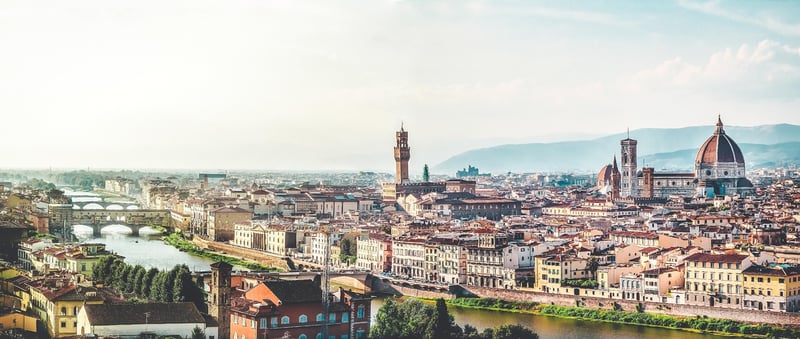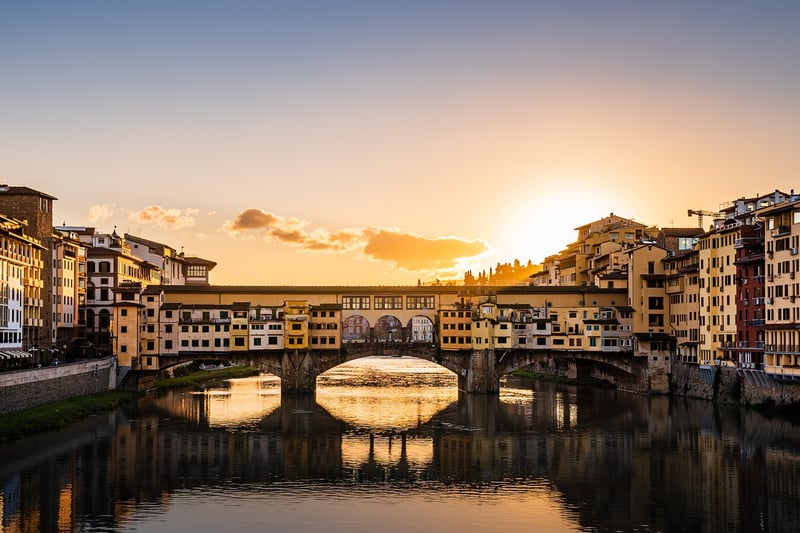Renaissance Era
The Renaissance Era: Pivotal Moments in History
The Renaissance Era, spanning roughly from the 14th to the 17th century, was a transformative period in European history characterized by a revival of art, literature, and learning. It marked a significant shift from the medieval period and laid the foundation for the modern world we live in today. Let's explore some pivotal moments that defined this remarkable era.
1. The Black Death
While devastating, the Black Death pandemic of the mid-14th century played a crucial role in shaping the Renaissance. The drastic population decline led to labor shortages, which, in turn, empowered the lower classes and laid the groundwork for social and economic changes.
2. Humanism and the Printing Press
The rise of humanism, a focus on human potential and achievements, was a central theme of the Renaissance. This intellectual movement, combined with the invention of the printing press by Johannes Gutenberg in the mid-15th century, facilitated the spread of ideas and knowledge across Europe like never before.
3. The Medici Family and Patronage
The Medici family, prominent rulers and patrons of the arts in Florence, played a significant role in supporting artists, scholars, and architects during the Renaissance. Their patronage led to the creation of masterpieces by renowned figures such as Leonardo da Vinci, Michelangelo, and Raphael.
4. The Reformation and Counter-Reformation
The religious landscape of Europe was forever altered by the Reformation, led by figures like Martin Luther, who challenged the authority of the Catholic Church. This period of religious reform also sparked the Counter-Reformation, a response by the Catholic Church to address corruption and reaffirm its doctrines.
5. Exploration and Discovery
The Renaissance was a time of great exploration, with figures like Christopher Columbus and Vasco da Gama undertaking voyages that expanded European knowledge of the world. These discoveries not only reshaped geographical understanding but also had profound cultural and economic impacts.
Conclusion
The Renaissance Era was a dynamic and transformative period that brought about significant changes in Europe and beyond. By examining key moments such as the Black Death, humanism, patronage, religious reform, and exploration, we gain a deeper appreciation for the rich tapestry of history that continues to influence our world today.

Immerse yourself in the beauty and innovation of the Renaissance Era as we reflect on these pivotal moments that shaped history.
For more fascinating insights into historical periods and cultural movements, stay tuned for our upcoming articles!
